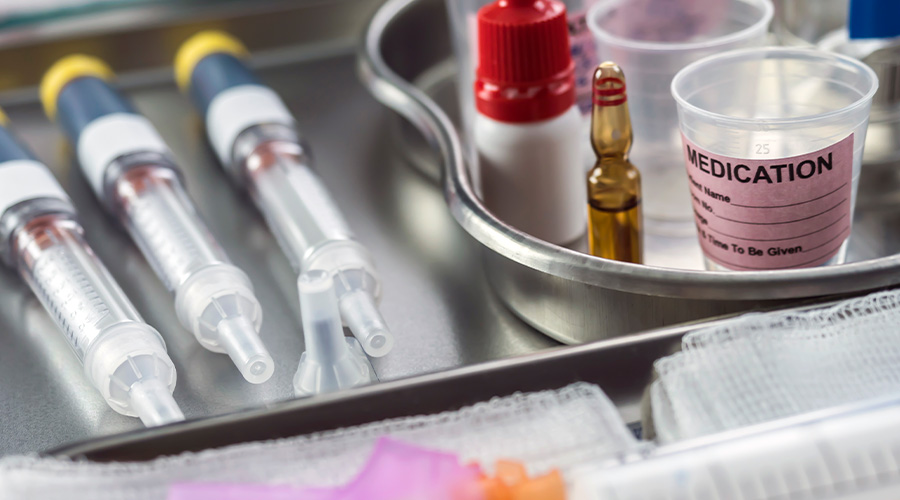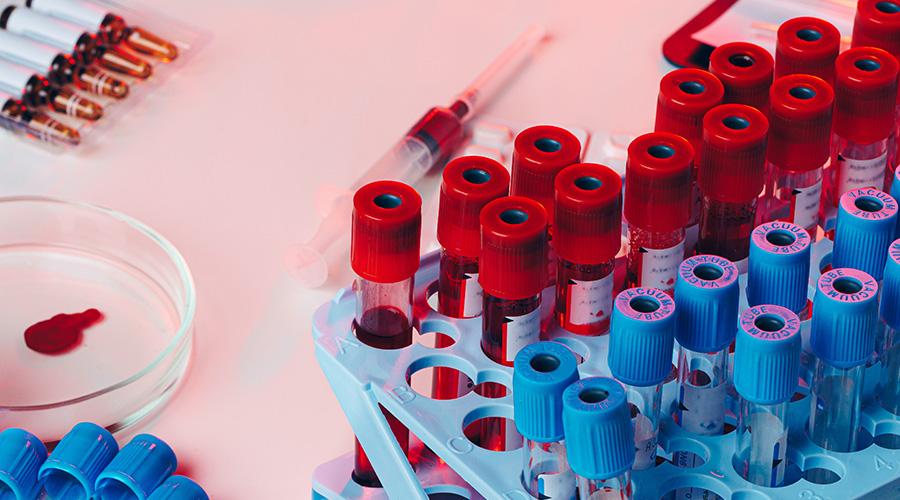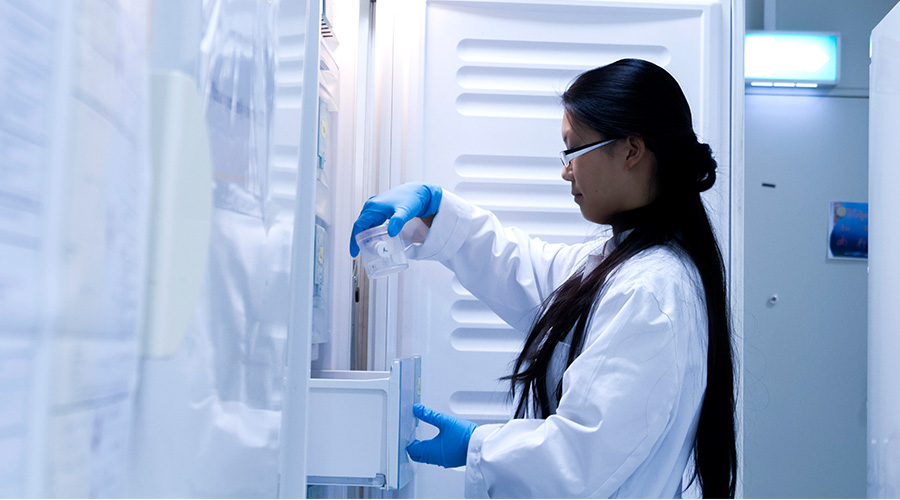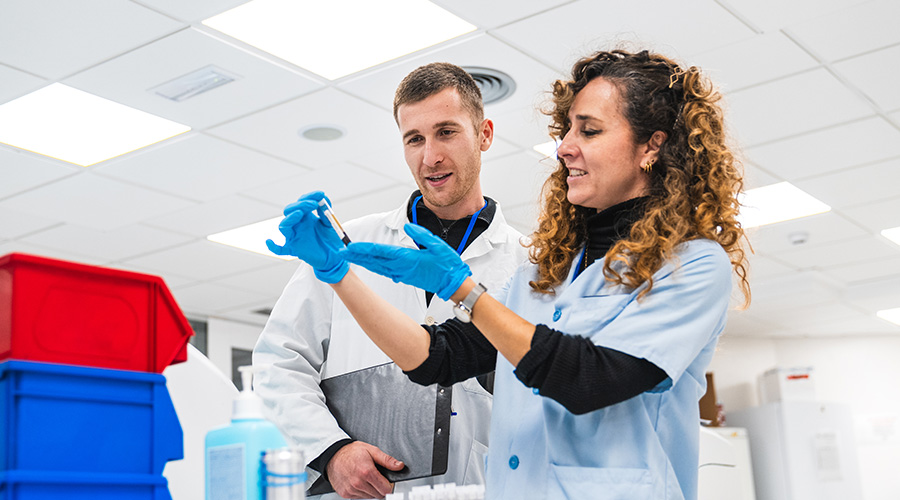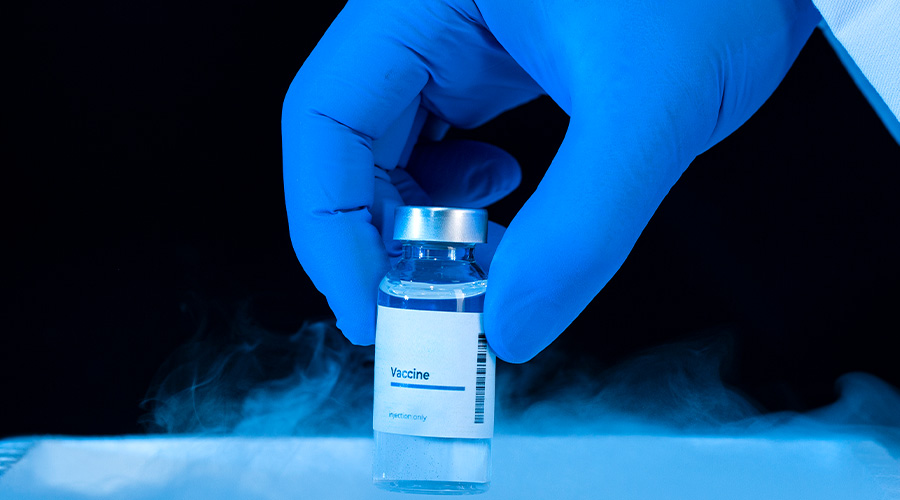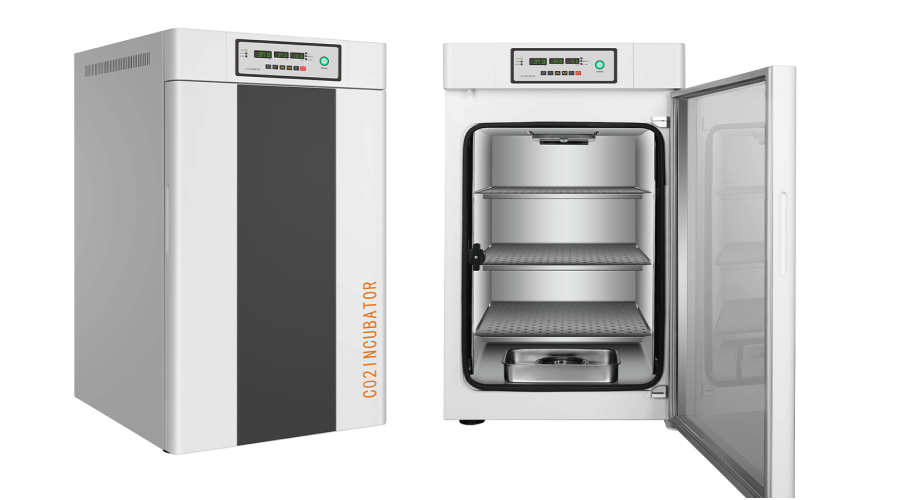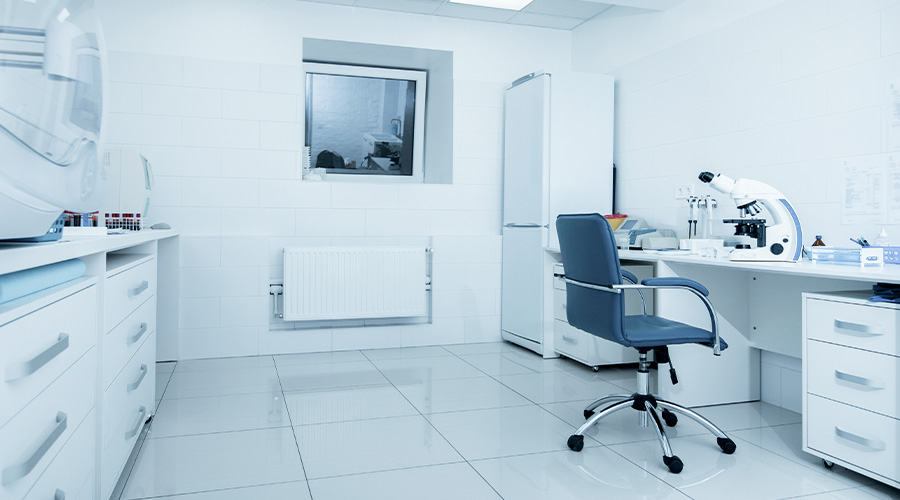Storing biological samples safely is an essential part of the medical or scientific process in a laboratory. Samples that may be used for research, treatment or diagnosis must be stored within the optimal temperature range to keep them viable and stop degradation. In this article, we will explain the importance of temperature control for biological sample storage, factors affecting storage temperature, types of storage available, and tips for keeping samples at the correct temperature.
The Importance of Temperature Control for Biological Sample Storage
A central component of safe storage practices for biological samples is temperature control and stability. Most medicines, vaccines and biological samples are temperature dependent and must be cold chain managed. This process ensures the temperature is maintained within specific parameters. It is important to avoid a cold chain breach and keep safe temperature control to:
- Prevent contamination
- Prevent the loss of samples
- Prevent unnecessary use of resources
- Meet regulatory compliance requirements
Factors Affecting Storage Temperature
Determining the best storage temperature to preserve biological samples is a complex task. The optimal storage temperature will usually depend on the type of biological material, preservative agent, and storage time.
- Type of material. Each biological material will require a different temperature for safe storage. Blood products like red cells must always be stored in a medical-grade refrigerator between +2°C +6 °C. Skin grafts, on the other hand, require temperatures of -20°C and -40°C for up to 3 months.
- Preservative agents. Materials that are in preservative agents like alcohol or paraffin have a different storage temperature requirement. Tissue preserved in alcohol or another fixative solution can be safely stored at room temperature.
- Storage time. Storage temperature will dictate how long a biological sample can be stored effectively. Refrigerator storage of +2 ºC to +5 ºC is suitable for short-term storage, while a -80ºC ultra low freezer is ideal for long-term storage.
Temperature Controlled Sample Storage Options
The most common type of cold storage is a medical grade refrigerator with a temperature range of +2 ºC to +8 ºC. These are suitable for a range of medicines, vaccines and certain biological samples. However, many biological materials will require different conditions for safe storage. Some specimens need to be frozen; others refrigerated. The most common storage for biological samples are room temperature, refrigerated, freezer, ultra-low freezer, and cryogenic freezer storage.
- Room temperature. (+15C to +27ºC)
- Some biological samples, like skin and tissue, that are fixed with preservatives like paraffin, alcohol, or formalin, can be stored at room temperature. This must be in a climate controlled building and the temperature must still be kept within the parameters of 15ºC to 27º C. To avoid extreme fluctuations in the ambient temperature, store samples in a refrigerated incubator. Cooled incubators have a heating system and cooling system to ensure a stable temperature for non-critical materials.
- Refrigerated. (+2ºC to +8ºC)
- Purpose-built medical grade refrigerators are the most common way to store vaccines, medicines and some biological samples with a temperature range between +2ºC and +8º C. Suitable for pharmacies, hospitals, medical clinics and laboratories, a medical refrigerator has excellent temperature uniformity to protect sensitive biological samples.
- Ultra-low freezer. (-80ºC)
- Ultra-low freezers are a long-term solution for critical biological samples like DNA, bacteria, and cell cultures by keeping the temperature below 80ºC. They increase the longevity of sample storage, giving bacterial and fungal cultures five or more years safe storage.
- Cryogenic freezer. (-150ºC to -190ºC)
- This is the ultimate for long-term storage of biological samples. These extremely low temperatures result in no degradation of the sample as metabolic activity is suspended. Cryogenic freezers are used for irreplaceable biological materials that are essential in providing data for research. Embryos, ova, stem cells, and plasma components are stored in cryogenic freezers.
Biological Sample Storage Applications
Many different industries require biological sample storage. Below are the industries that utilise these applications.
- Pharmaceutical. Pharmacies require temperature controlled storage for medications like vaccines, insulin, and other biological materials that require specific conditions.
- Hospital. Healthcare facilities like hospitals store biological substances like blood plasma, bone marrow and stem cells. These samples are often used for disease diagnosis, patient treatment, or research.
- Veterinary. Medical supplies for animals include vaccines and biological samples and must be stored in safe, temperature controlled conditions. Vet clinics and hospitals might need to store biological samples for diagnosis, or vaccines or medicines for animal treatment.
- Skin clinic. Cosmetic clinics have products like Botox® that require medical grade refrigeration under specific temperature guidelines. Dermatological skin clinics often store biological samples used for skin diagnosis and treatment. These need specific medical refrigeration for safe storage.
- Research. Biological samples are essential for healthcare research. The ability to store specimens safely for a long period of time is vital for disease research and investigating treatment options.
- Forensics. A forensic investigation often relies on biological evidence so it is essential that samples are collected and stored in a safe way. In a criminal case, samples need to last for long periods of time, so they must be stored to maintain their viability and remove any chance of degradation.
How to Keep Samples at the Correct Temperature
Once you have identified the correct temperature for biological samples, there are some guidelines to keep within the appropriate temperature parameters.
- Choose the appropriate equipment. Select a medical-grade fridge, freezer or incubator to store biological samples. Designed specifically for medicine, vaccine and biological materials, this equipment has precision temperature control and monitoring features.
- UPS Backup systems. Invest in a UPS backup battery. In the event of a power disturbance or outage, this will ensure power stays connected to the fridge or freezer, limiting potential harm to biological specimens.
- Regular maintenance and calibration. Schedule regular maintenance and calibration to ensure storage is functioning well. Maintain the fridge or freezer by regularly checking seals and coils, and checking compressors and fans are operational. Calibrate temperature control devices on a regular basis.
- Training. Make sure staff are aware of the importance of maintaining temperature integrity, handling and storage procedures.
- Labelling. Label samples with any relevant details, including sample type, temperature requirements, and storage date to ensure correct storage conditions are adhered to.
- Emergency power outage plan. Have a contingency plan in case of a power outage that might cause biological sample damage. An emergency plan will help limit any temperature variance and assure the team is prepared for a power outage.
